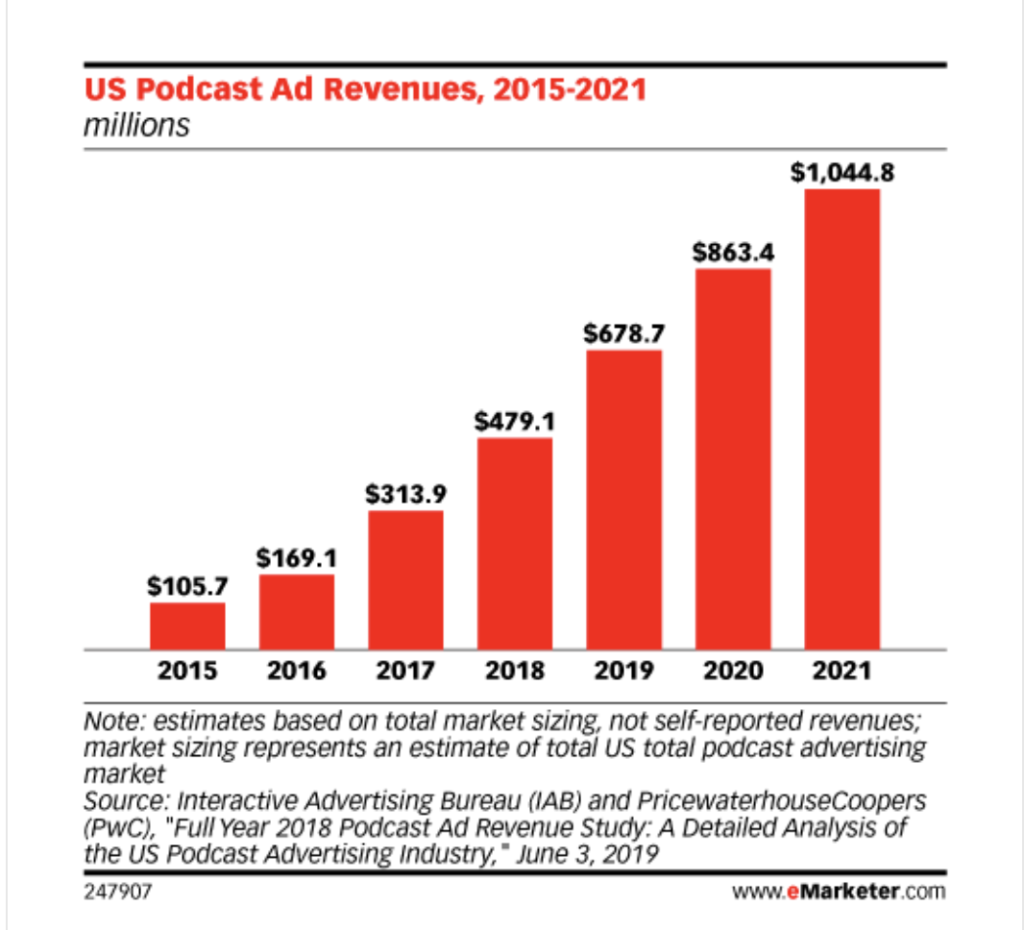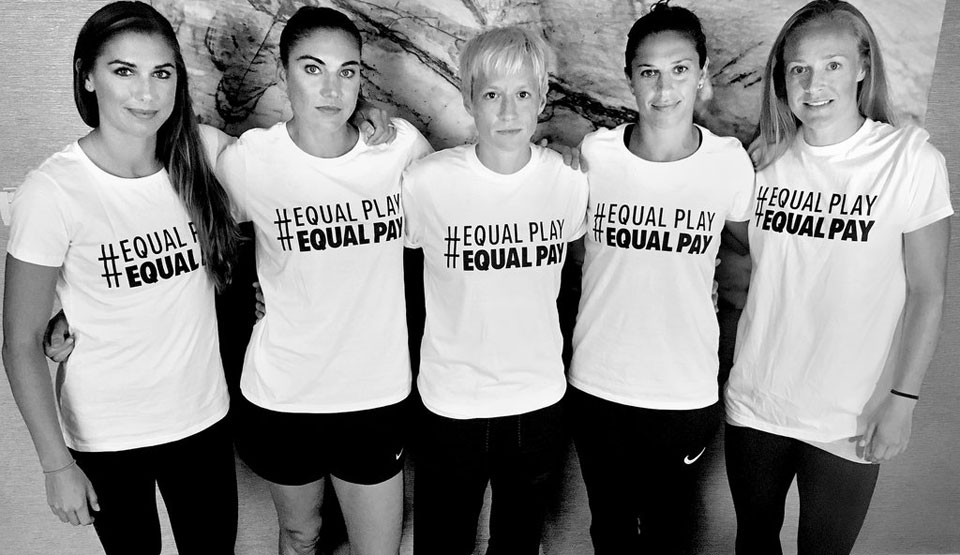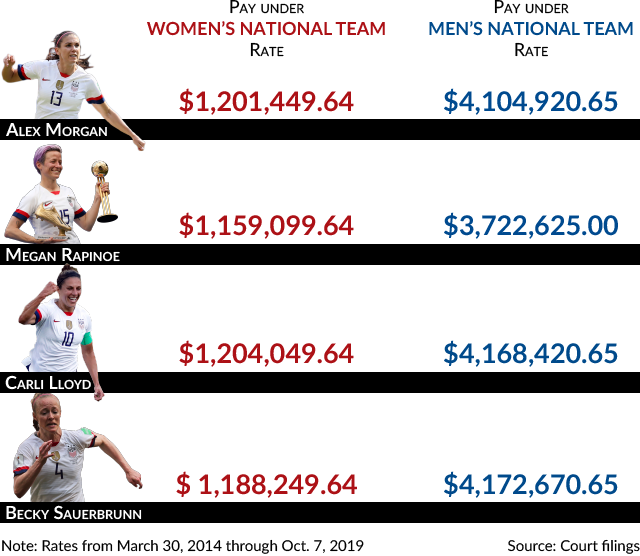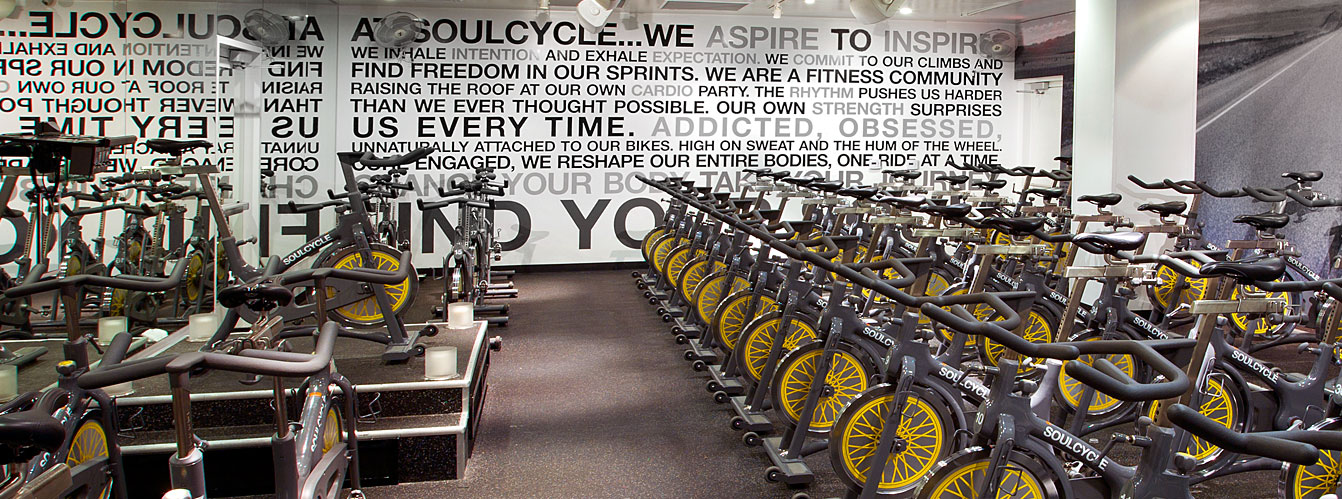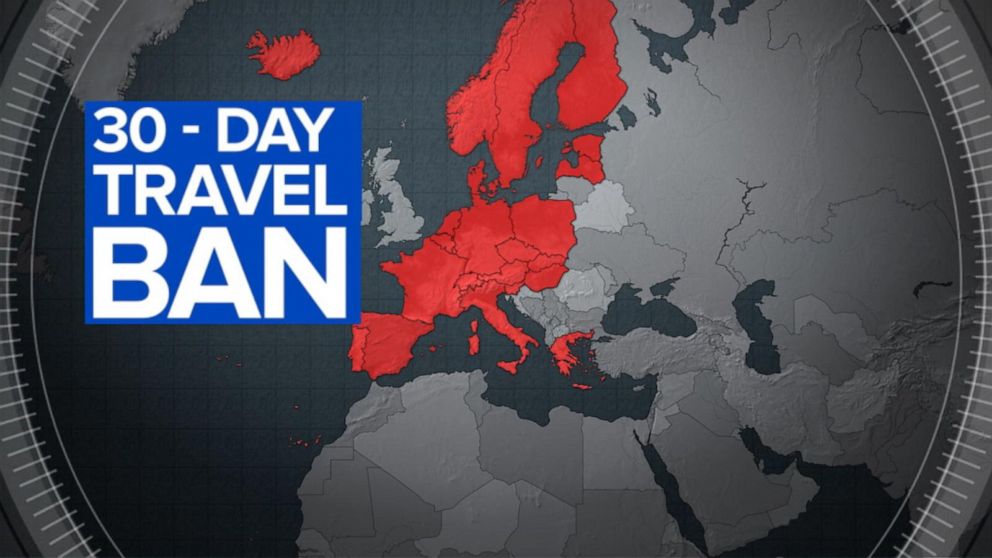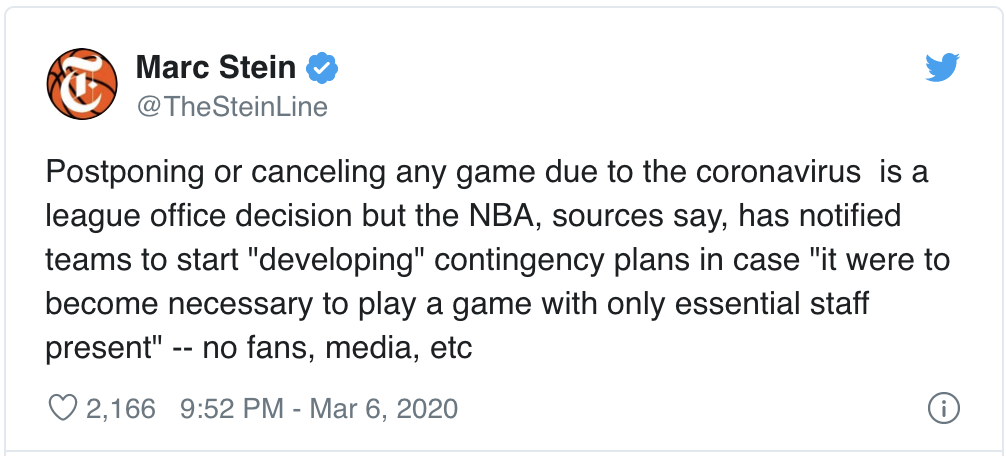Perhaps overshadowed by the news of the Corona Virus was the U.S. Women’s soccer team’s 3-1 victory against Japan in Frisco, TX on March 11th.

This victory comes at tumultuous time for U.S. Soccer as the women’s team sued the federation for gender discrimination in which the
United States Soccer Federation (USSF) responded by filing a response citing that women “do not perform equal work requiring equal skill [and] effort” as their male counterparts . The next day following the U.S. Women’s victory, (USSF) president Carlos Cordeiro announced he was stepping down and resigning his term of presidency after accepting the position in 2018.

As a former soccer player myself (definitely not professional, though I did aspire to be the next Mia Hamm of my time), the response from USSF was sickening as a fan of the game and the players who make up the Women’s and Men’s teams. I personally couldn’t help but notice that the Women’s team has consistently qualified for the Olympics and Women’s World Cup more times than the men’s team. Again, while I closely follow both during their World Cup years, it is hard not to point out that the men’s team hasn’t been able to make it out of their group rounds, yet USSF believes that the men’s national team is “materially influenced by the level of certain physical attributes such as speed and strength.”

Hang on, because I know that the U.S. women’s national team is the most successful internationally in women’s soccer. Still not enough? What about the four Women’s World Cup titles and four Olympic gold medals? Not to mention the eight Confederation of North, Central American and Caribbean Association Football Gold Cups? Is the USSF just blind to these accomplishments?
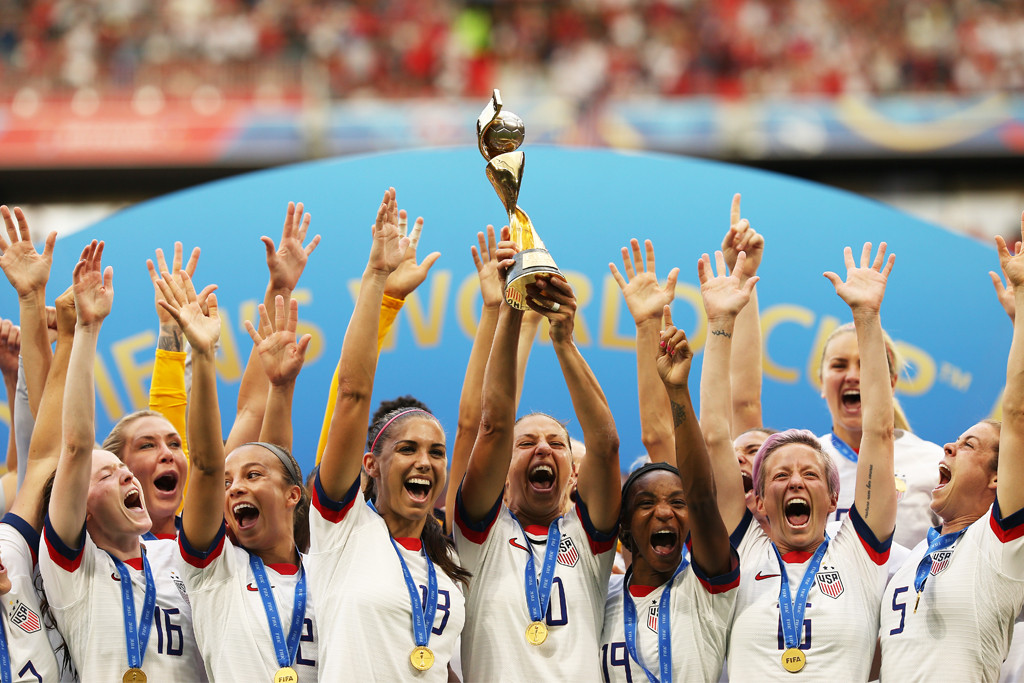
These trophies and medals aren’t the only thing that the women’s team can use to measure their success. With high profile stars like Alex Morgan, Megan Rapinoe, and Carli Lloyd USSF has had these women for longer than a generation leading bringing recognition to women’s sports and have continued to exercise discrimination in their paychecks, where they play and how they travel to the matches, how often they play, how they train, and the medical treatment and coaching they receive.
With such negative press and drastic personnel changes, U.S. Soccer is being hit hard with negative public perception. Should the women’s team succeed in their pursuit, which by the way, they have a high propensity for achieving their goals and taking home a win, USSF will have to readdress more than equal pay for their players. Advertisements and sponsorship opportunities will have to be re-evaluated as well as the brand strategic challenge.

If the women’s team wins their yearslong fight for equal pay for men and women in soccer, it will only be a matter of time before more similar lawsuits across other female sports begin. In the meantime, the great equalizer right now seems to be cancelled games until the end of April.
References:
Das, A. (2020, March 8). For U.S. Women, a Narrow Victory and a Growing Divide. The New York Times. Retrieved March 15, 2020 from
https://www.nytimes.com/2020/03/08/sports/soccer/uswnt-equal-pay-letter.html
Murray, C. (2020, March 14). Takeaways from USWNT’s SheBelieve’s Cup triumph amid distraction and coronavirus uncertainty. YahooSports. Retrieved March 15, 2020 from
https://sports.yahoo.com/takeaways-from-uswn-ts-she-believes-cup-triumph-amid-distraction-and-coronavirus-uncertainty-160252500.html
Neuman, S. (2020, March 13). Head of U.S. Soccer Resigns Amid Pay Dispute with Women’s National Team. NPR. Retrieved March 15, 2020 from
https://www.npr.org/2020/03/13/815272925/head-of-u-s-soccer-resigns-amid-pay-dispute-with-womens-national-team
Peterson, A., Blum, R. (2020, March 13). U.S. Soccer Head Quits Over Argumet in Pay-Gap Suit That Women Have Less Ability Than Men. Time. Retrieved March 15, 2020 from
https://time.com/5802351/carlos-cordeiro-quits-us-soccer-pay-dispute/


